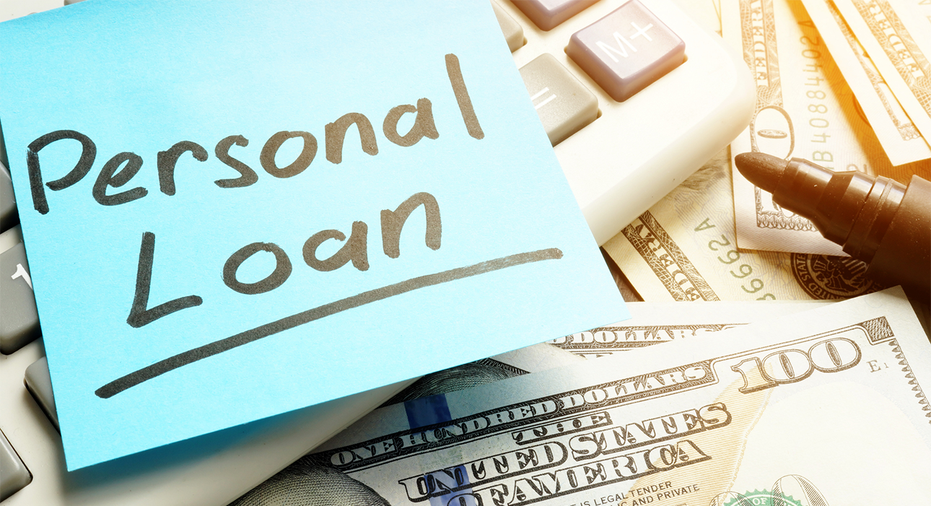If you are wondering what to do in case of a personal loan emergency, you are not alone. There are so many different things to consider, from taking care of your credit card debt to making sure you have the money you need to pay for an unexpected expense. But, the best way to avoid these emergencies is to prepare ahead of time.
Payday loans
Emergency loans are a short-term solution to many of your personal financing needs. They’re meant to cover unexpected expenses, and they’re available from direct lenders. In fact, emergency loans have saved millions of Americans in recent years.
Emergency loans include payday loans, title loans, and same-day loans. Each one has its own advantages and disadvantages. But when looking for an emergency loan, it’s important to choose a loan that’s appropriate for your situation.
Credit cards are a common way for people to borrow money, but they often come with high interest rates. These loans are also known to trap people in a debt cycle.
If you need a loan, try to choose a loan that has a low interest rate. However, make sure you pay it off quickly. If you miss a payment, your credit score will be affected.
In addition to borrowing from your bank or credit union, consider other forms of credit. These can be less costly, and may even offer more flexible repayment terms.
Credit card cash advances
Credit card cash advances are a convenient and fast way to get a cash loan. However, they can be expensive to repay. If you are considering getting a cash advance, you should compare its costs and benefits against other options.
Most credit card companies set a limit on the amount of cash that can be withdrawn. This is typically a fraction of the total credit line. It’s also important to remember that this is just a short-term loan. If you are not able to pay off the amount you owe by the end of the billing cycle, you’ll be charged interest.
Many credit cards provide a grace period to pay off a balance. This means you have a few days to repay the money you borrowed. You can even ask your bank to transfer the money from your account directly to your bank account.
If you do not have a large emergency fund, you might need to use a cash advance. This can be a more expensive option than taking out a personal loan.
Home equity loans
Home equity loans are a popular way to get money. If you have a good credit history, you may be able to qualify for one of these loans. You can use the loan to make renovations on your home or for other needs. However, it is important to remember that you have to make regular payments on the loan. Otherwise, you risk foreclosure.
Choosing the right type of loan can be tricky. Whether you choose a personal or home equity loan depends on several factors, including how much you plan to borrow and your income.
Generally, a personal loan is better for smaller amounts. Home equity loans can be useful for larger amounts. You can also consolidate debt with a home equity loan.
Unlike a personal loan, a home equity loan has a fixed interest rate. This makes it easier to budget. It may also be tax deductible. But, there are additional fees to consider. These can include an appraisal fee and an underwriting fee.
Preparing for an emergency
Whether you’re facing a natural disaster or an emergency of some sort, being prepared can make a big difference. An unexpected event can hit any time, and having the right tools for the job can help you avoid unnecessary debt and get back on your feet sooner.
An emergency loan can be an effective way to cover large, unexpected expenses. However, most lenders will look at your income, credit history and the ability to repay the loan before offering you one. You can still qualify for an emergency loan even if you have bad credit. You’ll need to complete the full application and submit documentation to the lender.
If you are unable to secure an emergency loan, you can ask your friends and family for money. They may offer you no interest or a lower rate than you could receive from a lender. You can also take out a credit card to pay for your needs.







More Stories
Using Loan Products for Climate Resilience and Home Adaptation Projects
Loan Management and Consolidation Strategies for Gig Economy Workers with Variable Income
Loans for Niche Small Businesses: Finding Funding When Your Industry is Off the Beaten Path